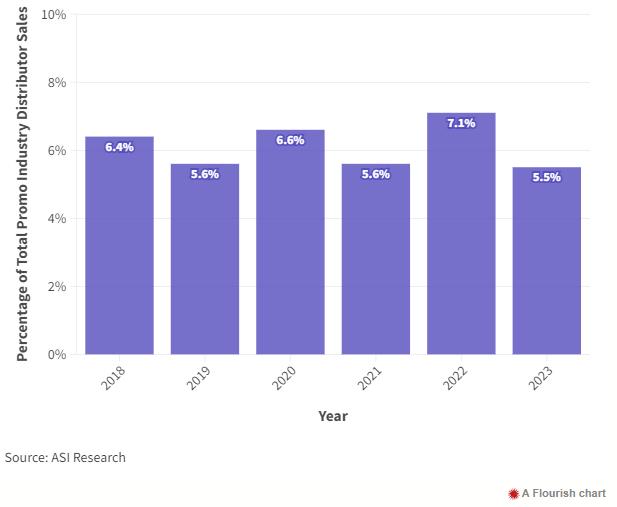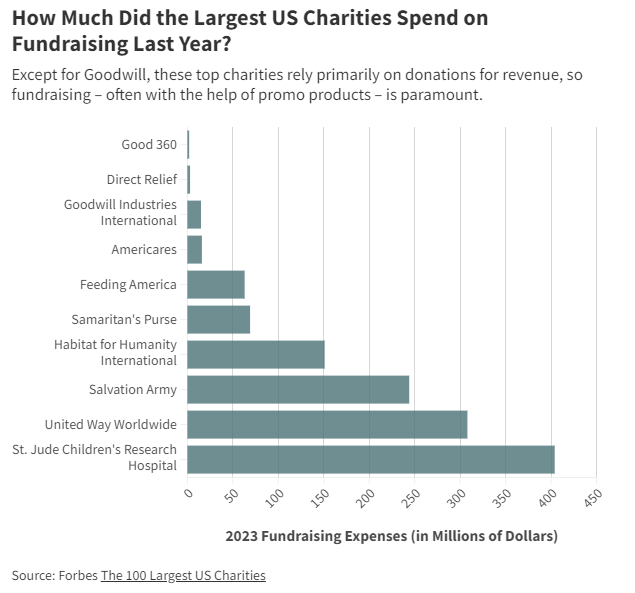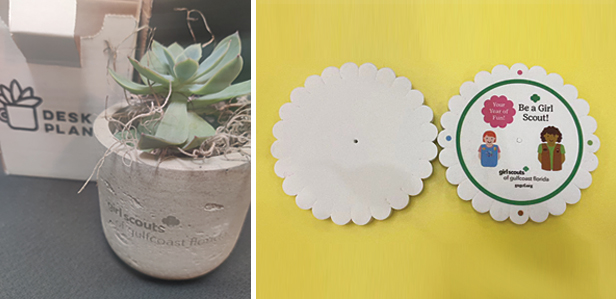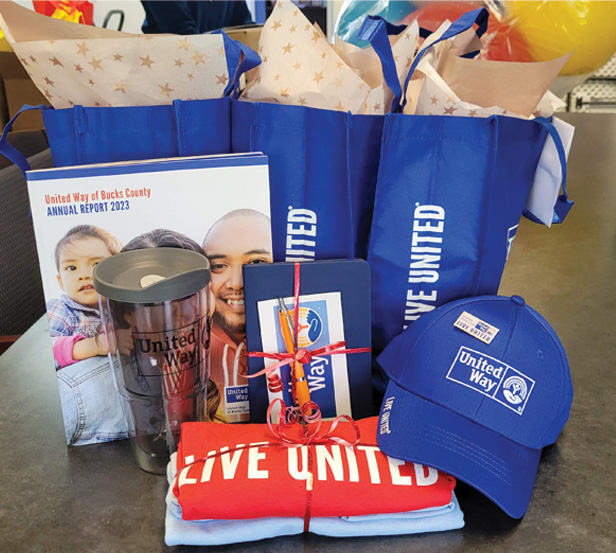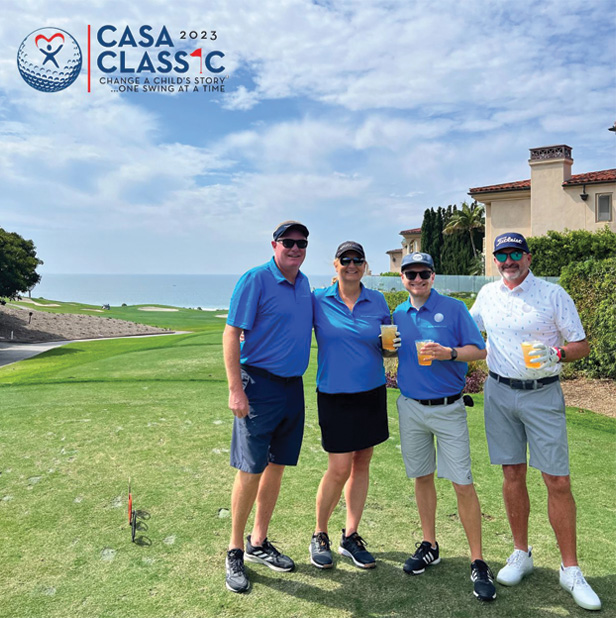Tim Holliday, owner of the Sarasota, FL-based distributor Children’s World Uniform Supply (asi/161711), was reading the local news when he saw an article about a coworking space donated to 10 local nonprofit organizations.
He easily recognized one of his nonprofit clients in the accompanying photo because she was wearing a branded shirt he’d recently fulfilled for her.
“She got a little extra free advertising just from the picture,” Holliday says, “because her logo was prominently displayed on her shirt, where the majority were just wearing street clothes.”
Though they tend to work with constrained budgets, nonprofits consistently make up a significant share of promo market, with 5.5% of 2023 distributor total sales going toward nonprofit clients, according to ASI Research.
Nonprofit Share of Promo Market Fluctuates but Remains Prominent
The market was in the top 10 of distributor sales in 2023 with a 5.5% market share.
The sector, Holliday says, relies on promo for getting the word out at tabling events, thanking donor bases – and for the free advertising that comes with having its brand out there. But working with nonprofit clients often has different considerations than working with a corporate client.
Patricia Ramthun, the chief communications and marketing officer for the Girl Scouts of Gulfcoast Florida, prefers to work with local vendors or vendors otherwise connected with the organization because they understand the Girl Scout mission.
Holliday first connected with the organization because his daughter was a Girl Scout – and those personal connections are how he formed relationships with many of his nonprofit clients. He offers discount pricing for nonprofits to be considerate of budget constraints and “let those dollars go a little further,” he says.
“If you believe in the organization and you want to support them – a little less money isn’t a big thing,” Holliday adds.
But keeping an organization’s mission in mind can be even more important than price considerations. Anyone can show a nonprofit client the cheapest items available, but what will set a distributor apart is a true understanding of an organization’s needs and client base that doesn’t only come from a desire for sales, says Logan Altman, the chief impact officer of Doing Good Works (asi/222095), a California-based distributor, certified B Corp and 2024 Counselor Best Place to Work. Altman and two other executives were also named the Bess Cohn Humanitarians of the Year in the 2020 Counselor Awards.
“We take a very strategic approach about getting to know the demographic that a nonprofit is serving before we even showcase product,” Altman says.
For the Girl Scouts, that means using sustainable and Made-in-the-USA products, Ramthun says. At back-to-school tabling events, for example, she likes to give out packets of seeds with phrases like “Grow with Girl Scouts” branded on the sides, and a recent promo campaign featured succulents with similar messaging.
For nonprofits whose focus is aiding underserved communities, raising awareness through branded products is crucial, but so is meeting the needs of the communities they serve. United Way of Bucks County, which helps families get access to household basics, food and education, gives out United Way-branded products at their help center and to families who use their Pre-K Counts program, says Executive Assistant and Project Manager Katie Matarazzo. That serves the dual purpose of meeting a need and increasing brand awareness.
“It’s important to us to make it a consumable – something that people are going to use and need,” she says.
Altman says the promo industry doesn’t necessarily have the most loyal clientele because people are often just looking for the lowest quote. Retaining nonprofit clients, he says, often requires going above and beyond. That can include nonprofit discount pricing – like what Holliday offers – or employee involvement with the nonprofit beyond their work with promo.
Many of Doing Good Works’ staff members, for example, are Court Appointed Special Advocates with the nonprofit CASA – one of their clients – which supports young adults in the foster system who don’t have someone to make legal decisions on their behalf in court.
“If you really understand their passion and their ethos as to what they do for their groups, it will allow for you to continue to stay in that mix,” Altman says.

